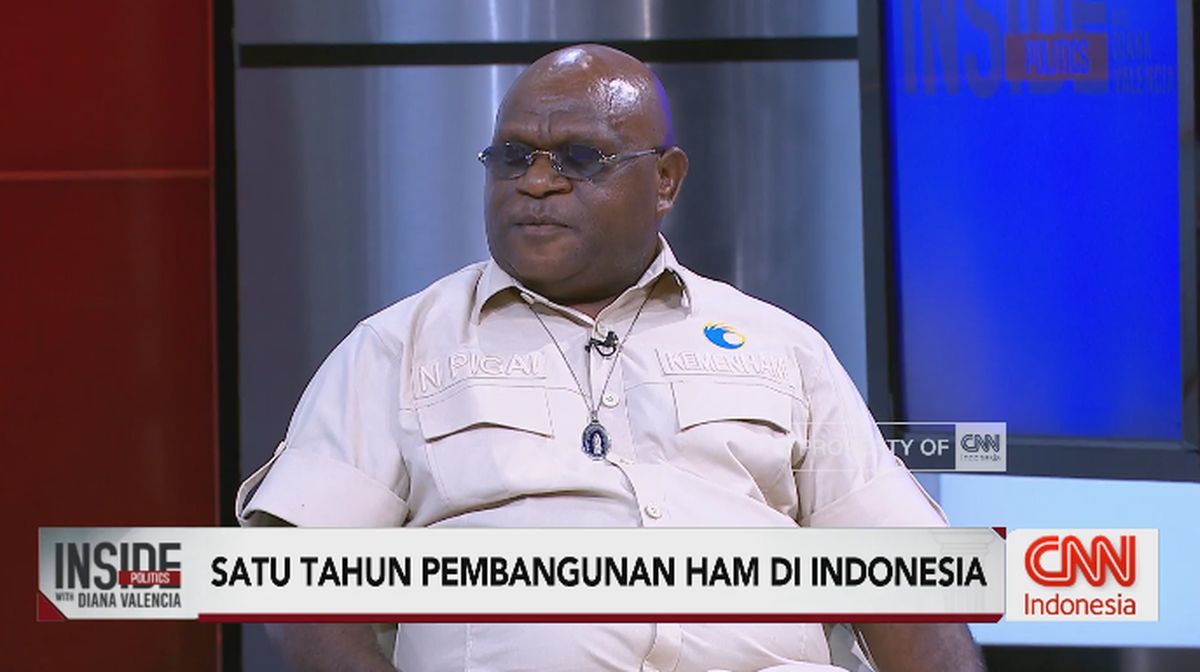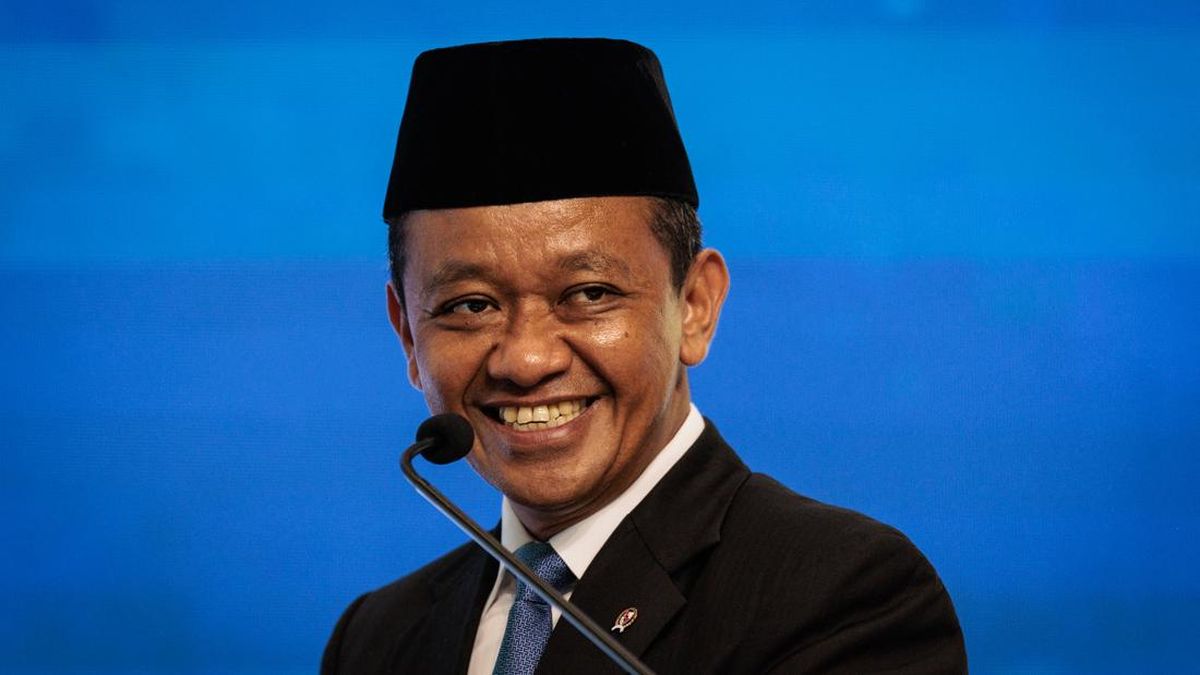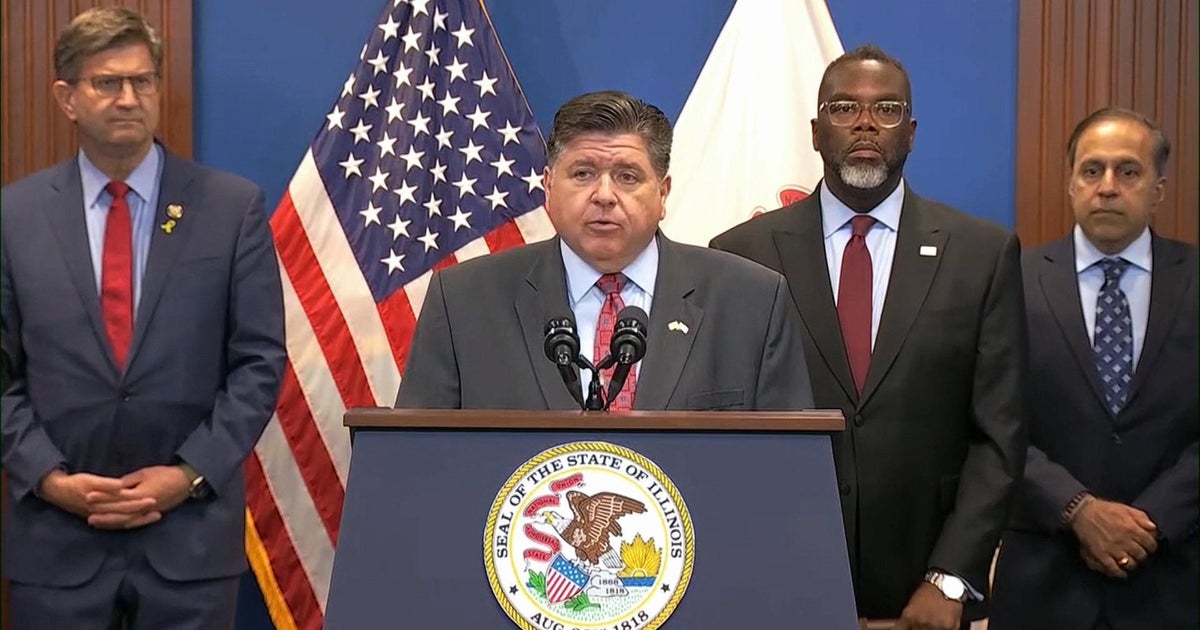Professor Andre La Gerche was having lunch with a colleague when the conversation turned to Donald Trump’s theories about exercise.
Profiles of the US president in The New Yorker and The Atlantic have attributed Trump’s avoidance of physical activity other than golf to his belief that the body is like a battery, born with a finite amount of energy, and strenuous exercise only drains those reserves prematurely.

US President Donald Trump is reported to disapprove of exercise, believing humans are born with a finite amount of energy.Credit: Matt Willis
“We had a bit of a laugh,” said La Gerche. “And then we thought ‘hang on, we’ve got some actual data to prove it’s silly.’ ”
La Gerche’s team at the Victor Chang Cardiac Research Institute analysed the average heart rate of 109 elite athletes and a control group of 38 non-athletes participating in a long-running study on heart health.
The results, published by the Journal of the American College of Cardiology this week, found the fitter cohort used significantly fewer total heartbeats per day.
While heart rate temporarily increases during exercise, previous studies have shown this is offset by a healthier heart needing fewer beats while resting. La Gerche’s team was able to quantify the difference: about 11,520 or 10 per cent fewer beats over 24 hours.

Professor Andre La Gerche heads the HEART Laboratory supported by St Vincent’s Institute of Medical Research and the Victor Chang Cardiac Research Institute.Credit: Wayne Taylor
“When you exercise, your heart rate goes up, but the rest of the time, your heart rate is lower, so there’s likely to be a net benefit in terms of heart rate,” he said. “The body is inherently lazy – it will always try to find the easiest way to work – and so in athletes, their bodies become extremely efficient at using the oxygen that’s pumping around.”
To understand how much someone would need to exercise to lead to an increase in heartbeats per day, the researchers then analysed the average heart rates of male and female professional cyclists competing in the 2023 Tour de France.
They found lower heart rate during rest periods of the race did not offset the intense and sustained heart rates reached while racing.
Loading
La Gerche said that, while their study disproved much of Trump’s ideas about exercise, the theory does tap into the well-established link between a lower heart rate and better health outcomes. He said a straightforward “heartbeat consumption” metric could be incorporated into monitoring devices such as smartwatches to inform users about their training load and the potentially negative effects of intense exercise.
“As they get fitter, people would see their total heartbeat consumption come down,” he said. “But people training for an ironman, for example, might see it’s going up, and they can see [that] maybe they need to back up a bit.”
Associate Professor Nathan Johnson, an exercise physiologist in the faculty of medicine and health at the University of Sydney, said the study was further evidence the benefits of even moderate exercise significantly outweighed potentially negative effects.
“Resting heart rate is one indicator of health and disease risk, but it’s only one,” he said. “When you do the recommended amount of exercise, it significantly reduces your risk of mortality.”
Start the day with a summary of the day’s most important and interesting stories, analysis and insights. Sign up for our Morning Edition newsletter.
Most Viewed in National
Loading


















































